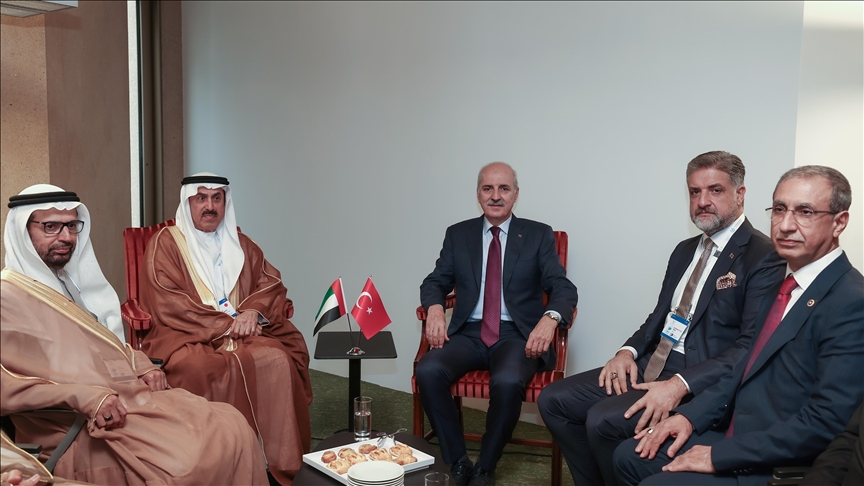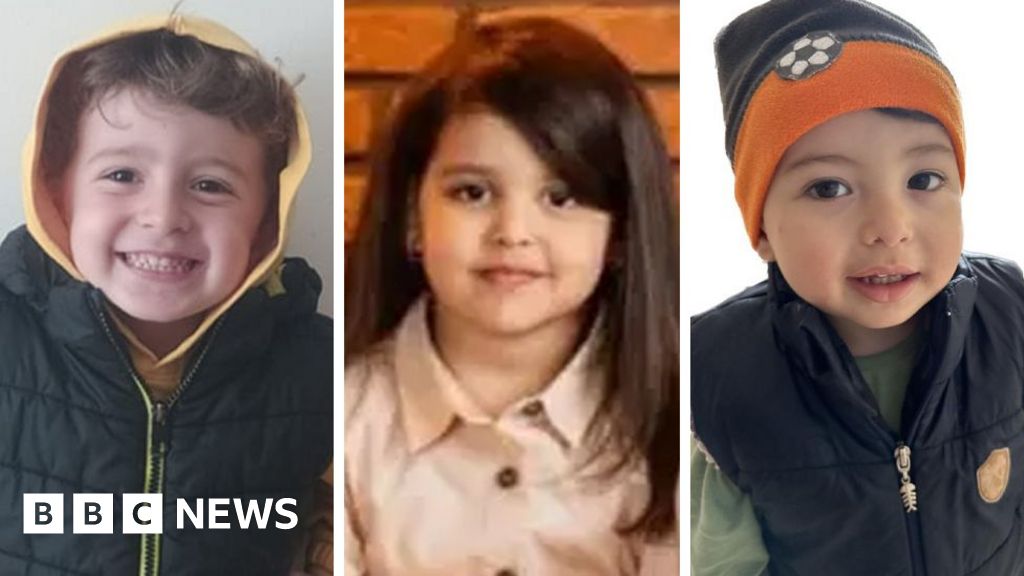Muslims Seek One Voice In U.S.
Since it was founded in 1990, Basha’s nonprofit organization has become one of the most influential Muslim groups in Washington.
"At this conference, we are working on these issues with the imams who, every week, are the ones who talk with millions of Muslims in this country," Basha said.
The participants suggested launching new Web sites that could promote Islamic political views.
"We are trying to dissect the role of Muslims and looking for ways to communicate that we want to be an accepted part of our society… And we are seeing a lot of hopeful ideas here," said Basha.
One of the most widely supported — and most likely to be acted upon — proposals that surfaced at the meeting was a plan for a national council of imams designed to strengthen the public voice of Muslim scholars.
"Organization is important to clarify the role of imams," said Imam Husham Al-Husainy, representing the Karbalaa Islamic Center in Dearborn at the meeting.
"This period is very crucial for Islam in this country with all of the accusations that have surrounded us. We need to face the questions, not hide from them," he asserted.
Working Group
Another widely supported proposal was unveiled by a top FBI official, who called for building on the occasional meetings held since 2001 between law enforcement agencies and Muslim groups to open a new chapter and establish a new partnership between the two sides.
"We are considering establishing a national Muslim and Arab working group," Tom Reynolds, chief of the civil rights division of the FBI in Washington, told the conference.
Khalil Jassemm, head of the Southfield-based Muslim charity Life for Relief and Development, said a real partnership with the FBI could be helpful.
"If the FBI is talking about setting up a real working group, I think that would be absolutely super," Jassemm said after listening to Reynolds’s idea.
Beyond that, FBI officials also want to organize regional working groups in major cities, Reynolds said.
This idea arose on May 28 during a private meeting in Washington between FBI Director Robert Mueller, Reynolds and a host of top Muslim leaders, including Basha.
Reynolds said the new working groups likely would have a regular agenda of law enforcement issues for FBI agents and Islamic groups to discuss.
‘Front-Lash’
But as some Muslims rose at the conference to praise Reynolds for investigating the backlash of hate crimes in the months after Sept. 11, others challenged him, triggering strong emotions after discussing federal surveillance, arrests and long-term detentions of immigrants.
Instances of surveillance, searches and arrests of Muslims appear to have continued and even expanded, as some Muslim nonprofit groups have been raided and shut down for alleged ties to dangerous groups.
One man asked: "You talk about protecting us from the backlash, but who is going to protect us from the ‘front-lash’ when FBI agents overstep their bounds?"
Reynolds admitted, "After 9/11, there was a broad net used and maybe it was too broad."
A panel of Muslim legal experts at the meeting discussed a report, released about a week ago by the Justice Department’s inspector general, which was critical of "mass arrests of illegal aliens in connection with terrorism investigations."
One recommendation in that report, welcomed by Muslims at the meeting, called for the FBI and Justice Department to establish detailed screening protocols.
This might be in a checklist format and would reduce some of the subjective judgments that led to the jailing of immigrants in the past, the report said.
"It is important to make this process more transparent, credible and specific," Washington-based Muslim attorney Awais Sufi told the conference.
"This kind of checklist could reduce the discretion on the front lines when the liberty of a lot of people is at stake.
"If a person doesn’t meet these criteria, then let that person go. If the person does, then we’ve got a checklist to see which issues triggered a detention and to more effectively build a defense," Sufi said.
The New York Times reported Saturday, June 7, that more than 13,000 Arabs and Muslims who came forward earlier this year to register with American immigration authorities might now face deportation.


